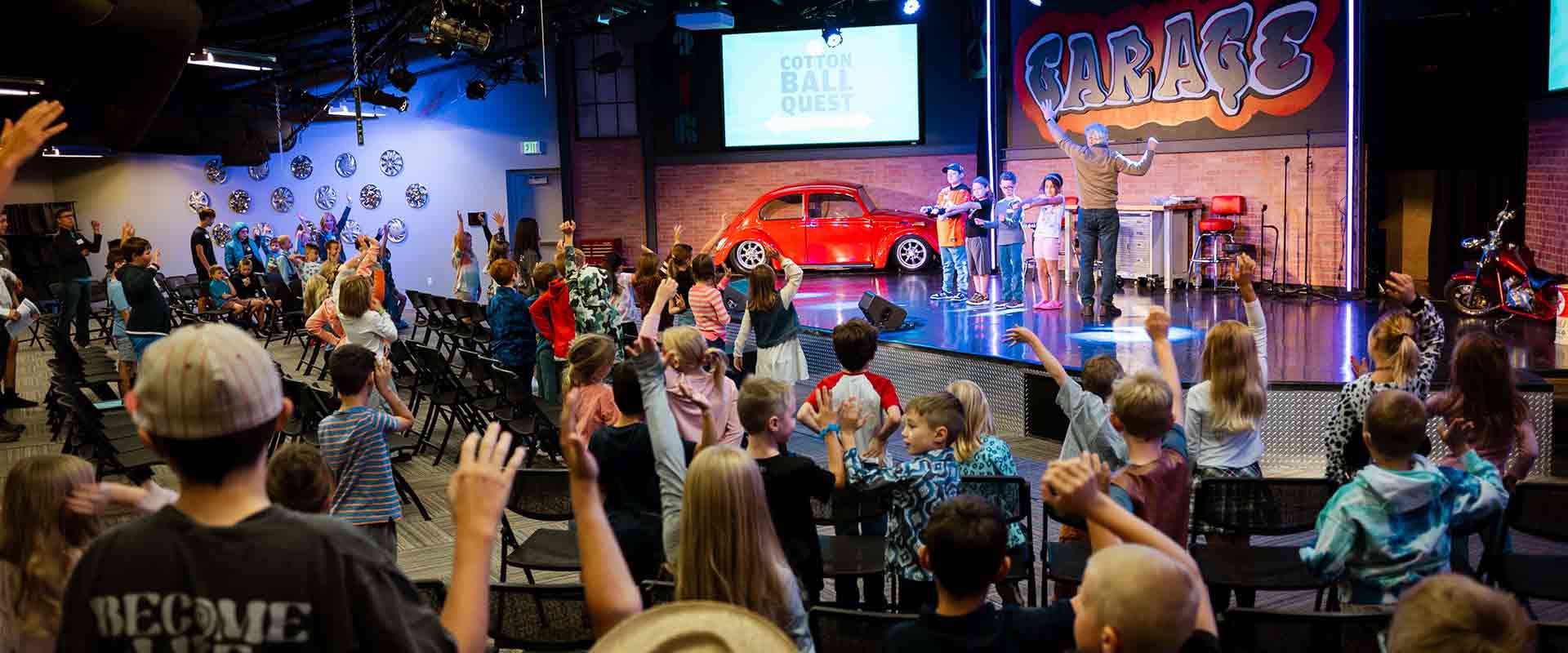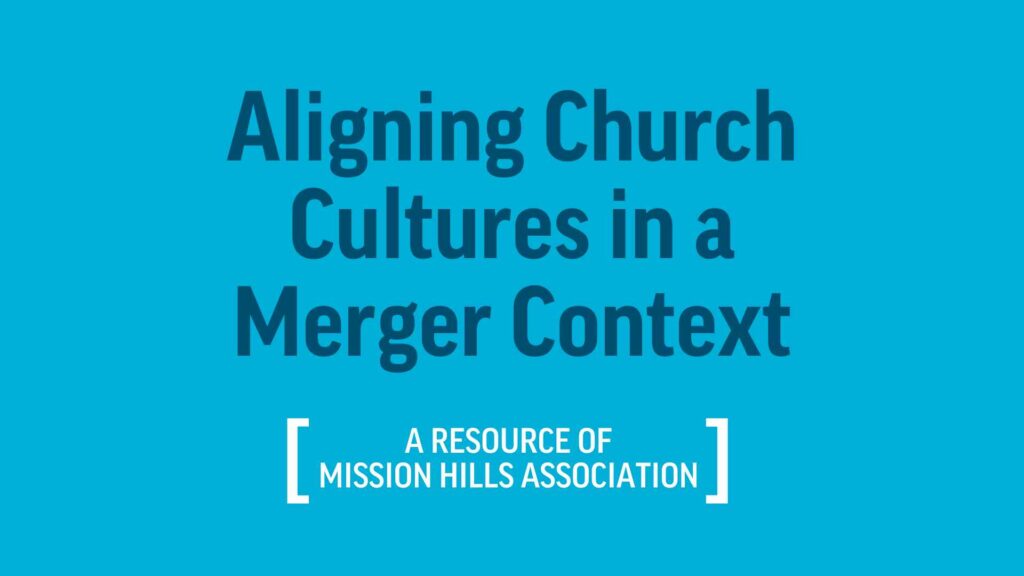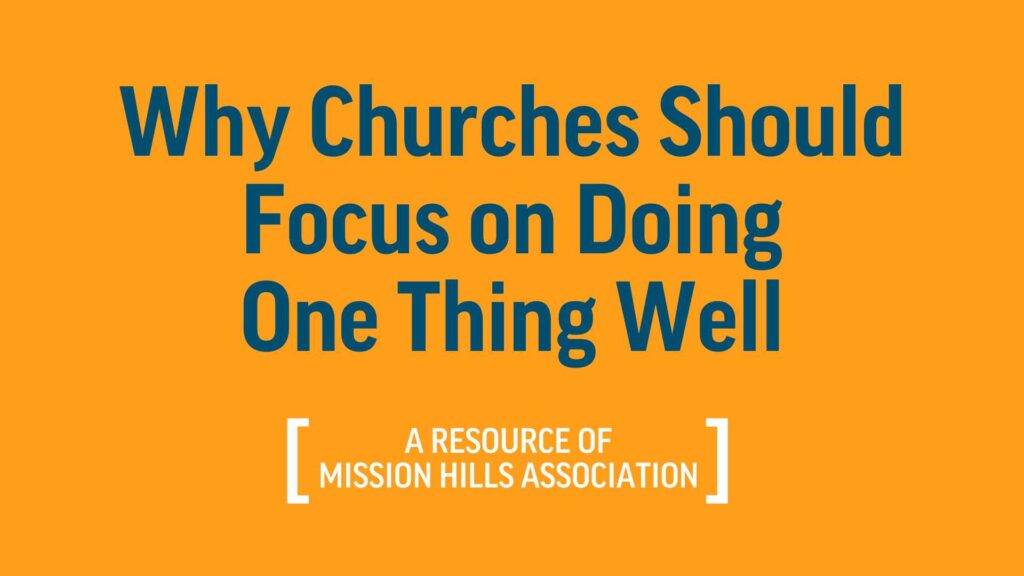
In today’s fast-paced, post-Christian America, pastors and church leaders often struggle to engage the next generation effectively. Younger generations, particularly Gen Z and Millennials, have different expectations and values regarding faith, community, and leadership. Drawing on lessons from Howard Stevenson, Executive Director of Thrive Colorado, and his experience with Youth for Christ (YFC) — a global Christian movement that empowers young people to live as followers of Jesus—we explore practical strategies for creating a ministry that resonates with the younger generation.
1. Embrace Technology and Meet Them Where They Are
Today’s young people are digital natives, and engaging with them means embracing technology. Thrive Colorado’s model of adaptability can be applied here—just as they tailor their services to meet the unique needs of job seekers, churches must meet young people where they are: online.
Howard Stevenson’s work with Youth for Christ involved adapting outreach methods to include digital spaces. For example, YFC used gaming platforms to reach young people, even creating virtual spaces where youth could gather and connect with mentors. This innovative approach serves as a reminder that technology is a tool for connection. Churches can apply this by leveraging social media, livestreams, podcasts, and even digital events to reach younger generations who may not be walking through church doors.
“You’ve got to find great people who have great hearts and empower them to go,” Stevenson says, highlighting the importance of empowering young leaders to innovate and lead digital outreach. For pastors, this means encouraging younger members to get involved and even take charge of online ministry, allowing them to shape the church’s digital presence in ways that resonate with their peers.
2. Encourage Peer-Led Leadership
One of the most effective ways to reach the younger generation is by giving them a platform to lead. Stevenson’s experience with YFC taught him the value and effectiveness of local leaders engaging their own communities. In much the same way, churches can foster peer-led programs that empower young people to take on leadership roles within the church. This not only helps them feel invested in the ministry but also ensures that outreach is relevant and relatable.
Young leaders can mentor others, lead small groups, or initiate service projects, which are all powerful ways to create a sense of belonging. “Let them do it,” Stevenson advises, emphasizing that giving up control and trusting young leaders to take charge is crucial. Continue to offer support and mentorship throughout the process, and you’ll grow a new generation of leaders perfectly suited to lead their peers.
3. Address Social and Economic Concerns
Many young people today face significant social and economic challenges—student debt, housing instability, and job insecurity, to name a few. As Howard Stevenson explains, Thrive Colorado’s mission is rooted in offering practical support, such as job coaching, to help individuals overcome barriers to employment. This principle is vital for engaging the younger generation, who are often navigating and struggling with these challenges as they try to get out on their own.
Instead of creating new programs from scratch, churches can adopt Thrive’s approach by identifying and partnering with community resources that already offer support for young people. By tapping into existing services like financial literacy workshops, career counseling, and mental health support, churches can demonstrate their investment in the whole person—not just their spiritual life—while amplifying the impact of these community programs. “When individuals gain employment, dignity is restored, and hope is renewed,” Stevenson says—and churches can play a meaningful role in this transformation by connecting young people to resources that help them overcome these challenges.
4. Create Authentic, Relational Communities
One of the key values of younger generations is authenticity. They crave real, meaningful connections over shallow or transactional relationships. Thrive Colorado’s success lies in its long-term, relational coaching model, which can easily translate to church ministry.
Stevenson emphasizes the importance of listening to all voices, especially those who might be hesitant to speak. “Bring out voices that are reluctant to be heard,” he advises, encouraging leaders to create inclusive spaces where young people feel seen and valued. For pastors, this means creating authentic small groups, mentoring relationships, and discussion forums where young people can express their doubts, questions, and ideas openly, without judgment.
5. Make Faith Relevant to Their Lives
Finally, one of the most effective ways to engage the younger generation is to make faith relevant to their everyday lives. Thrive’s approach of integrating spiritual values with practical, real-world challenges resonates with young people because it demonstrates that faith isn’t something abstract or detached from reality.
Stevenson explains that the next generation is drawn to seeker-friendly language and practical applications of faith. Churches can make faith relevant by addressing how spiritual practices can help young people navigate their careers, relationships, mental health, and other daily challenges. When faith is seen as a tool for personal growth and community transformation, young people are more likely to engage deeply with it.
By following these strategies, churches can engage the younger generation in ways that are authentic, practical, and deeply rooted in faith. As Howard Stevenson and Thrive Colorado have shown, addressing practical needs while maintaining spiritual integrity is the key to building ministries that resonate with the next generation and beyond.
What is Thrive Colorado?
Thrive Colorado is a faith-based nonprofit organization focused on providing practical support and career coaching to individuals facing barriers to employment, such as incarceration, recovery programs, or economic hardship. By offering job coaching and building partnerships with local churches and businesses, Thrive helps people secure stable employment and fosters deeper community engagement through faith in action.
This article was written in collaboration with Howard Stevenson. If you want to continue the conversation, you can contact him at howard_stevenson@thrivecolorado.org.




